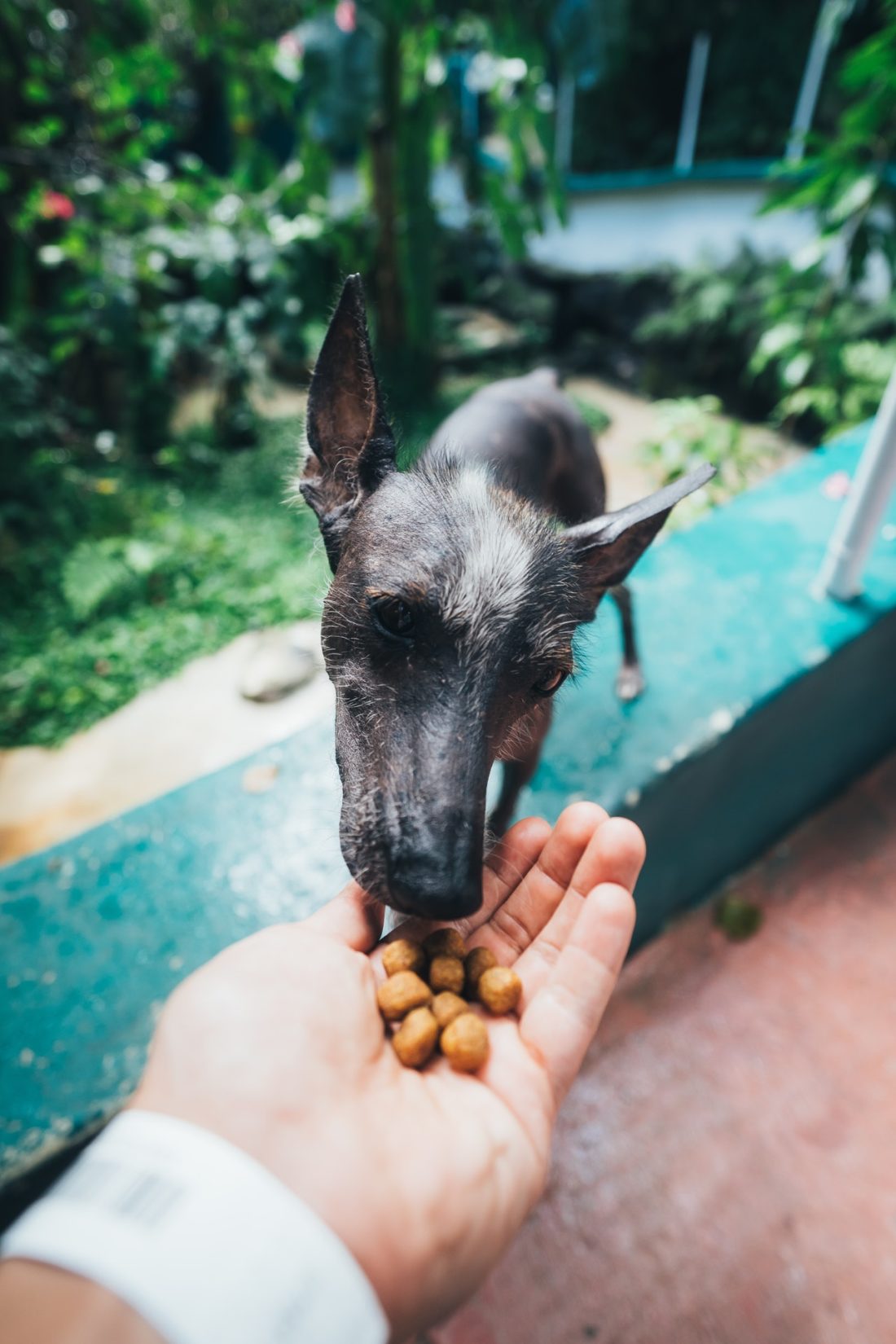 Your friends who own dogs may have told you that they have switched to hypoallergenic dog food for their pet, but you’re not quite convinced yourself, as your not sure your dog has any allergies, and certainly not to its food, because it loves to eat. So should you give dog food that’s hypoallergenic a try?
Your friends who own dogs may have told you that they have switched to hypoallergenic dog food for their pet, but you’re not quite convinced yourself, as your not sure your dog has any allergies, and certainly not to its food, because it loves to eat. So should you give dog food that’s hypoallergenic a try?
There’s a few factors to consider, the first is that hypoallergenic dog food could be beneficial for all dogs, not just those with allergies, based on what’s in it. The second is that your dog could be allergic to its food but you don’t know it.
What’s in Dog Food That’s Hypoallergenic?
The question actually should be more about, what ingredients are not in hypoallergenic dog food? Scientists and vets have identified the food ingredients that dogs are most allergic to or have an intolerance toward. I mean we all know not to give our dog chocolate, but there are common ingredients that do appear in many common dog food brands which are actually likely to cause allergic reactions in many dogs.
Those common five ingredients are wheat gluten, corn, potato, chicken and soy. Have a look at the labels of all dog foods and you will likely find at least one of these listed, and in high quantities. Wheat and corn are particularly used in semi-moist and dry dog foods as a source of carbohydrate and fiber. Actually they don’t have much nutritional value for your dog anyway, because although high in calories, dogs don’t need these type of carbs which their bodies find hard to break down, and don’t provide the fats, acids, minerals, and vitamins they require. Potatoes often appear in canned dog foods, as they a good carb filler like corn and wheat, but again don’t have much nutritional value. Foods stuffed with these filler carbs tend to aid dog obesity and as already stated are likely to cause intolerances in a dog’s digestive system.
Hypoallergenic dog food also eliminates preservatives, artificial colors and flavors. These chemicals are added to dog foods to make them look and taste more appealing but can often cause health problems and just aren’t necessary. Long life preserved dog foods can contribute to heart disease and allergies and also tend to be packed with low quality ingredients.
The fact is that dogs need high quality proteins in their food in good quantities to be healthy. The amino acids and fatty acids provided in meat proteins are essential to dog health and can’t be produced by the dog’s own body, so they are reliant on good sources of high quality proteins.
Could Your Dog Be Allergic to The Food it Loves?
If your dog has skin irritations including dry patches and lesions, and has a dull coat there is a good chance this is due to allergies. Other signs are in their digestive system, with flatulence, bloating, vomiting, and bad breath the symptoms most often seen in a dog that has food intolerances or allergies.







